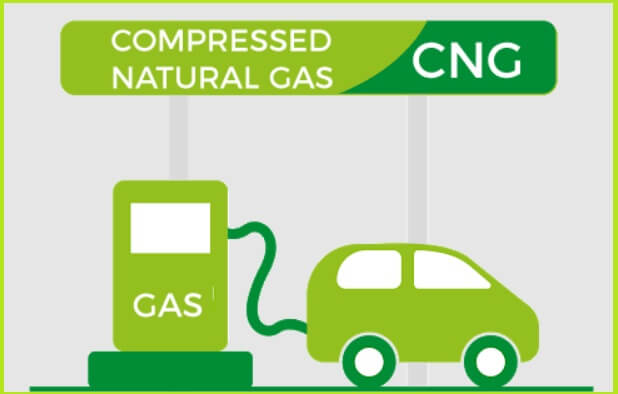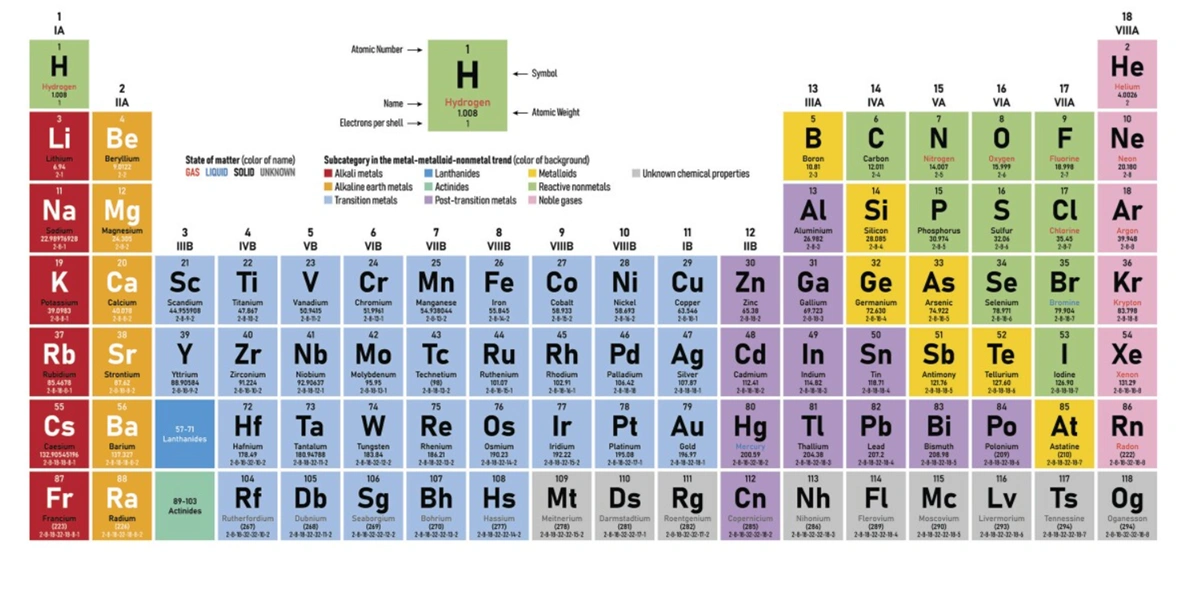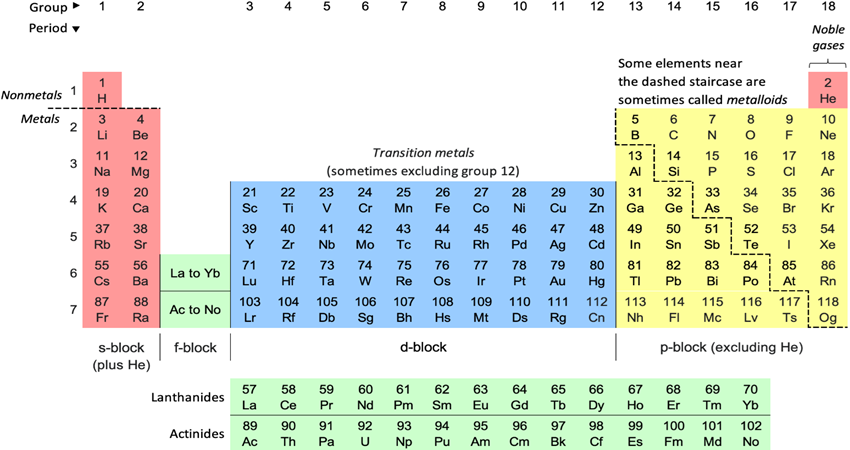CNG (Compriessed Natural Gas)
- Compressed Natural Gas CNG is a special form of natural gas. CNG is a substitute for petrol (or) Diesel fuel.
- Since it is comparatively much less polluting fuel.
- During its combustion, no sulphur and nitrogen gases are evolved, and carbon particles are also not ejected. Hence, it is a better fuel than petrol and diesel for automobiles.
- The composition of CNG is methane = 88%, ethane = 5.5% , propane = 3.7% , butane = 1.8% and pentane = 0.5%
- CNG is a natural gas compressed to a high pressure of about 1,000 atm .
- A steel cylinder containing 15°kg of CNG contains about 2 x 104° 1 of natural gas at 1°atm pressure.
Uses of CNG
(i) It can be used for power generation.
(ii) It can be used for producing hydrogen.
(iii) It can be used in vehicles as a fuel.
(iv) It can be utilised in domestic purposes and fertilizers.
Advantages of using as a fuel in automobiles
- CNG is a much safer fuel, since it ignites at a higher temperature than petrol and diesel.
- The conversion of petrol operated automobiles into CNG operated vehicle is very easy.
- CNG mixes better with air than liquid fuels.
- Emission from CNG operated vehicles contain no harmful pollutants like SO2, SO3, C6 H6 , smoke, formaldehyde, etc.
- The operating cost of CNG fuel is low.
| Read More Topics |
| Advantages and disadvantages of gaseous fuels |
| Fraction by distillation of crude petroleum |
| Solid fuels types – Advantages and Disadvantages |






